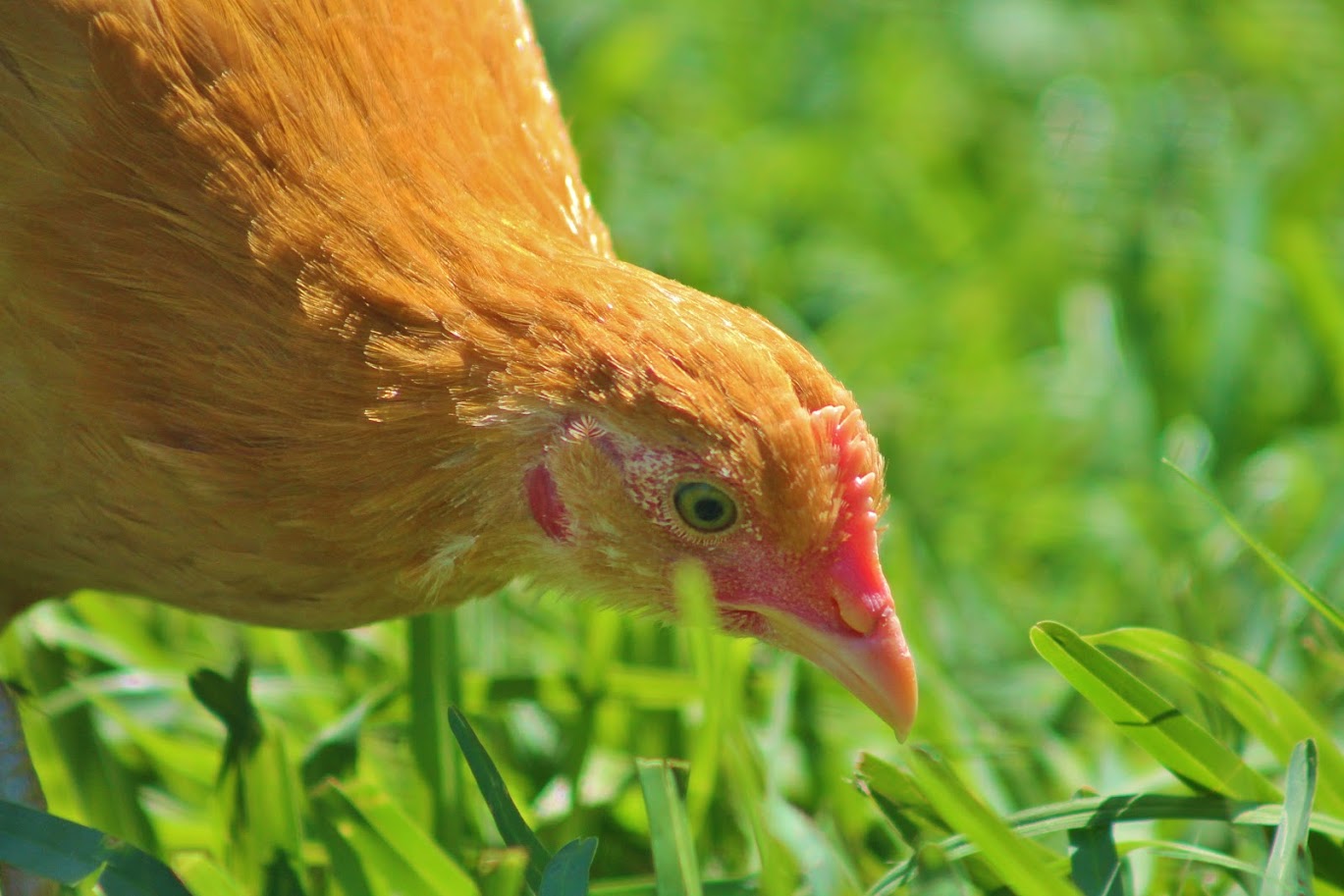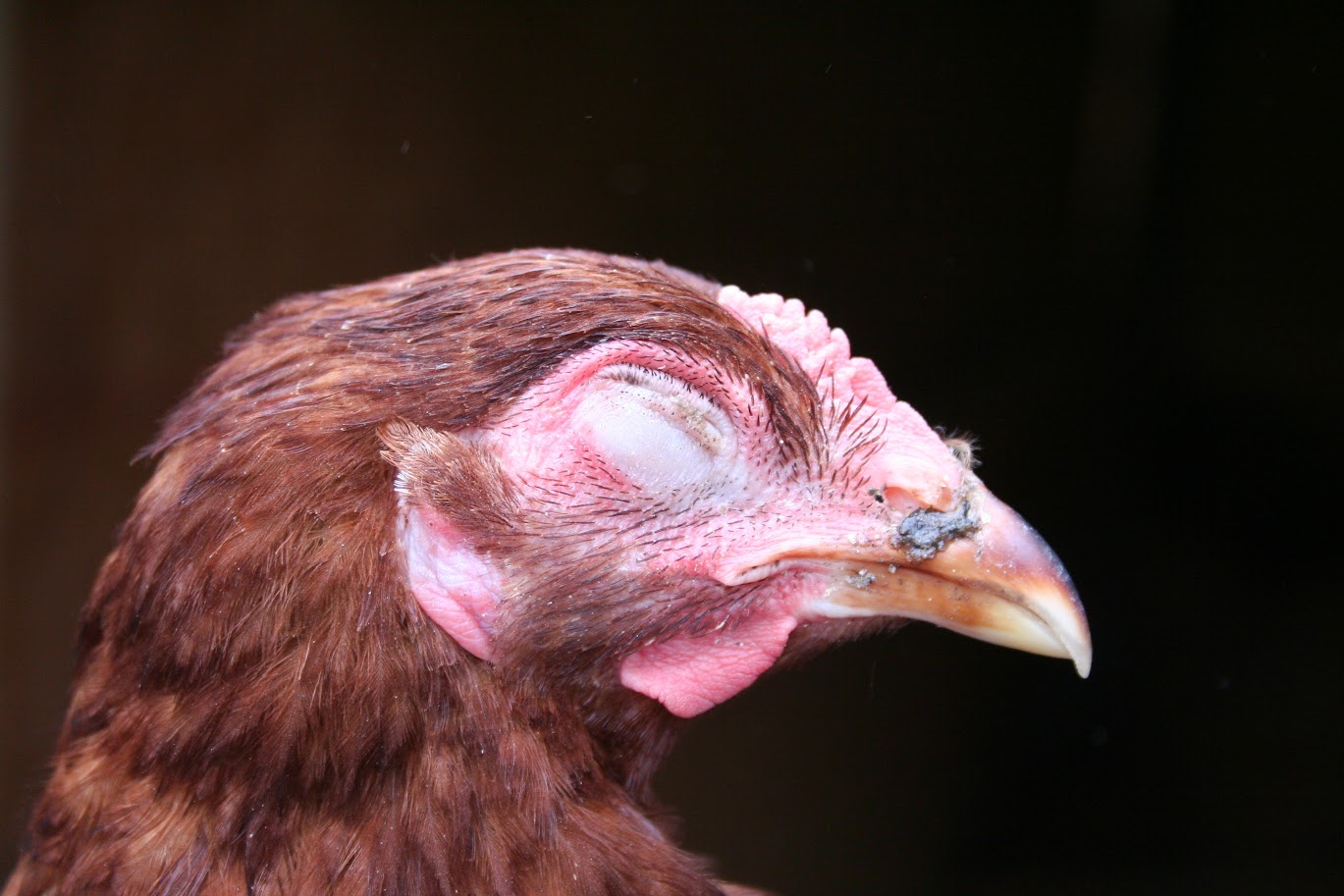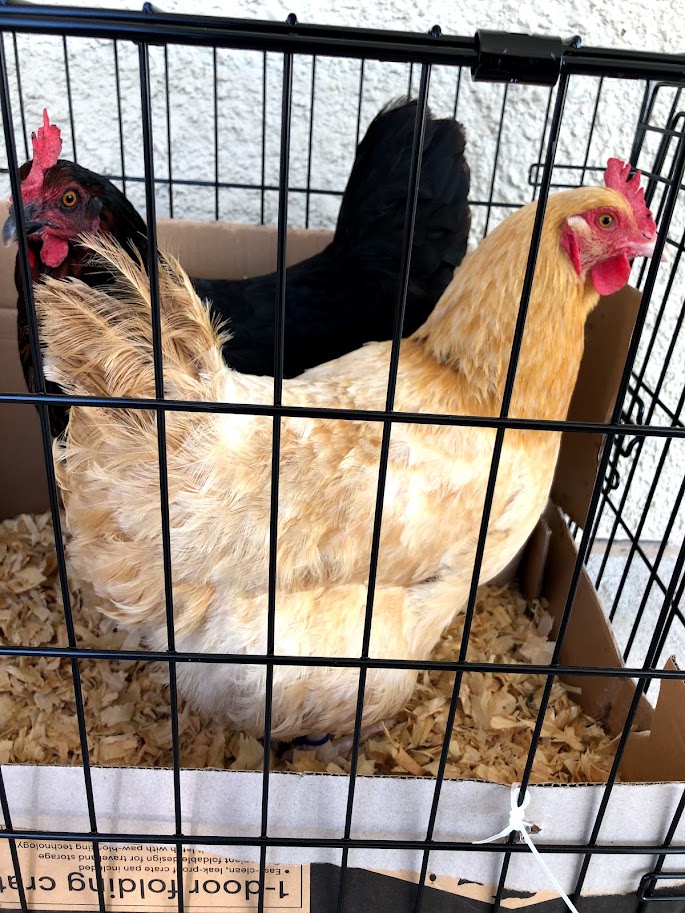
Wintertime is upon us. With it comes massive bird migrations that can carry viral diseases which may end up affecting our backyard chickens, ducks, quail, and other feathered creatures under our care. How do we reduce the possibility of an outbreak of contagious disease from affecting our birds? Below are some recommendations that can help reduce the probability of disease in your backyard flock.
Common illnesses transmitted by wild birds
There are many disadvantages to keeping unsecured backyard poultry. These animals can be subject to predation, which increases in the wintertime due to many aspects including migration of birds of prey, loss of canopy cover over the areas where our birds roam during the day and contact with wild birds that may carry infectious diseases that can infect our flocks.
Some of these diseases include:
- Coccidia
- Marek’s Disease
- Infectious Bronchitis virus (IBV)
- Infectious Coryza
- Fowl Pox
- Avian Influenza
- Newcastle’s Disease
- Mycoplasmosis
Each of these diseases manifests itself in a different form, and usually when we start seeing signs of disease, there is a great number of individuals that have already been infected, and mass sickness or die-offs follow shortly after.
Therefore, it is recommended to keep a backyard flock in an enclosed environment away or with limited contact from wild birds, especially waterfowl.

Designing a prevention plan
A biosecurity plan is the term used to describe the action of designing a plan intended to protect livestock and poultry against harmful biological agents.
A biosecurity plan for the backyard has 6 main components:
Stay away –
Restrict all access to your coop and birds. Fence in your birds and also use a net over your runs if possible. Effective enclosures will help against predation and against unnecessary contact with disease-carrying wild birds. Inspect your enclosure regularly and patch holes that may serve as an access point.
Keep it clean –
Wear clean clothes and shoes into the chicken area. Wash your hands before and after spending time in the coop. Remember thar poultry can carry salmonella and other germs in their droppings, feathers, beak, feet, and these microorganisms can cause illness in humans. Use foot baths with disinfectant solution and a scrubbing surface for the underside of your shoes if possible.
Avoid bringing home disease –
Sharing tools, cages, and other objects with friends or neighbors can pose a threat to the health of your birds. Remember, just

Establishing a quarantine area to treat sick birds or to hold newly purchased ones before releasing them with the rest of the flock can help reduce the introduction of new diseases. Picture credit: Jonael Bosques, UF/IFAS Extension.
because it looks clean does not mean that it is. Plan to sanitize all burrowed objects regardless of their looks.
Purchasing birds in auctions can also pose a big risk, especially when you purchase adult individuals that threaten the social structure of your flock. This can cause stress, and stress can result in illness.
Know the signs of illness –
If you notice sneezing, coughing, swelling around the eyes, nasal discharge, diarrhea, a reduction of appetite, or any other similar change, this can be a sign of disease. To notice illness, you must spend some time observing your animals every day. If you notice a worrisome change, call your veterinarian. Note that a drop in egg production in this time of the year is a normal behavior that can be corrected with artificial light in your coop and run.
Report sick birds –
If you suspect that your flock has been infected with Avian Influenza or another viral disease, contact your local and state veterinarian. To report sick birds in Florida, contact FDACS, Division of Animal Industry at (850)410-0900.
Mitigate risk by quarantining –
Consider having a quarantine pen for sick and new birds (If you still purchase adult birds). This area should be established away from your general population, preferably downwind from it. Remember to provide good airflow to this area, and fully sanitize it after every use. Any new bird or sick individuals should spend at least 2 weeks in quarantine and be in good health before being released with the rest of the flock.
Conclusion
As the temperature drops and the days get shorter, don’t let your backyard flock’s health dwindle as well. There are many preventive measures we can take to reduce stress and keep our feathered friends safe from disease and predators. Making proactive changes to the way we manage our birds can ensure better production, healthier birds, and fewer surprises by Mother Nature.
Contact the UF/IFAS Extension Hardee County office for more information on poultry biosecurity, disease prevention, and other related topics by calling (863)773-2164 or dropping by our office located at 507 Civic Center Drive, Wauchula FL 33873. Happy Holidays!
Further Reading:
PS47/PS044: Common Poultry Diseases (ufl.edu)
Backyard Biosecurity for Poultry | Small Farm Sustainability (iastate.edu)
Merck Veterinary Manual (merckvetmanual.com)
 1
1
